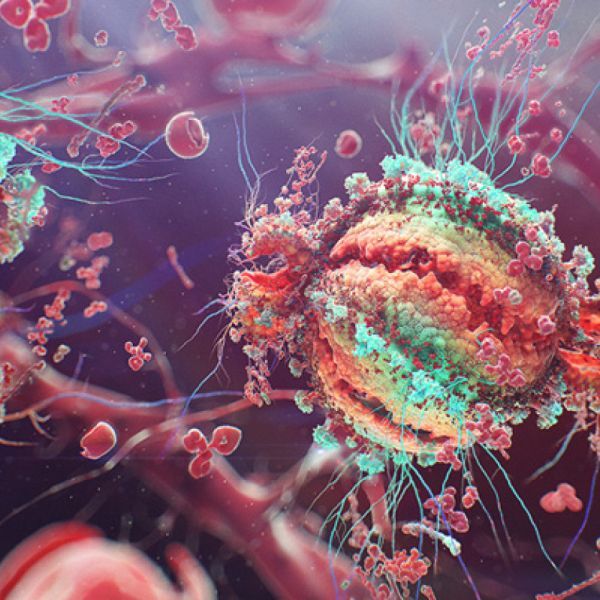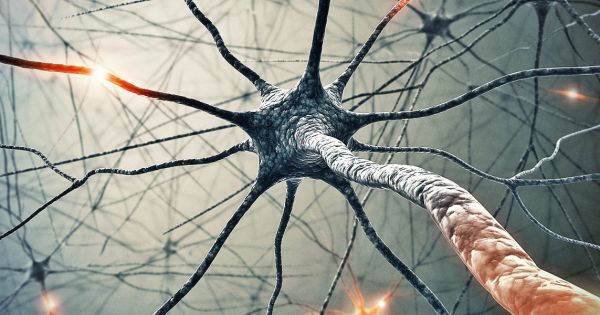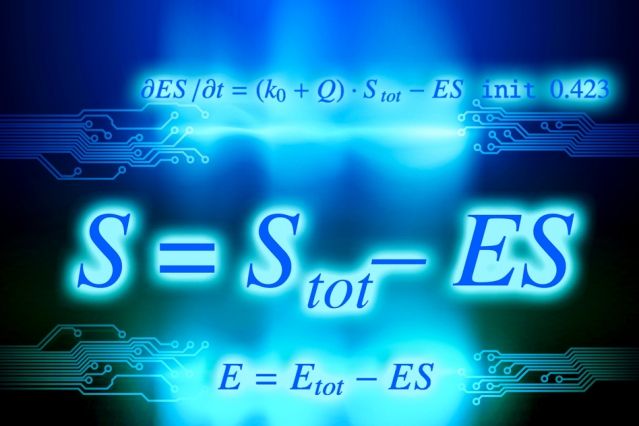Jun 25, 2016
Science Council to make clear position on lifting military-linked research ban
Posted by Karen Hurst in categories: law, military, physics, science, security
Interesting.
The Science Council of Japan will make clear its position on military-linked research — possibly overturning a decades-long ban — by early next year, the academic group said Friday.
A committee of 15 academics from fields ranging from physics, political science to law held its first meeting to discuss whether to revise statements released by the council in 1950 and 1967 stating that the group will “never engage in military research.”
Continue reading “Science Council to make clear position on lifting military-linked research ban” »


















